Coull, G., Morris, P.G. (2011). The clinical effectiveness of CBT-based guided self-help interventions for anxiety and depressive disorders: a systematic review. Psychological Medicine, 41(11), 2239-2252. Retrieved from https://www.ncbi.nlm.nih.gov/pubmed/21672297
Jorm, A.F., Christensen, H., Griffiths, K.M., Parslow, R.A., Rodgers, B., Blewitt, K.A. (2004). Effectiveness of complementary and self-help treatments for anxiety disorders. Medical Journal of Australia, 181(7 Suppl), 29-46. https://www.ncbi.nlm.nih.gov/pubmed/15462640
Kaltenthaler, E., Brazier, J., De Nigris, E., Tumur, I., Ferriter, M., Beverley, C., Parry, G., Rooney, G., Sutcliffe, P. (2006). Computerized cognitive behavior therapy for depression and anxiety update: A systematic review and economic evaluation. Health Technology Assessment, 10(33), 1-191. Retrieved from https://www.ncbi.nlm.nih.gov/pubmed/16959169
Parslow, R., Morgan, A.J., Allen, N.B., Jorm, A.F., O’Donnell, C.P., Purcell, R. (2008). Effectiveness of complementary and self-help treatments for anxiety in children and adolescents. Medical Journal of Australia,188(6), 355-359. Retrieved from https://www.mja.com.au/system/files/issues/188_06_170308/par11060_fm.pdf
Redding, R.E., Herbert, J.D., Forman, E., Gaudiano, B. (2008). Popular Self-Help Books for Anxiety, Depression, and Trauma: How Scientifically Grounded and Useful Are They? Professional Psychology-Research and Practice, 39(5), 537-545. Retrieved from https://papers.ssrn.com/sol3/papers.cfm?abstract_id=1300004
